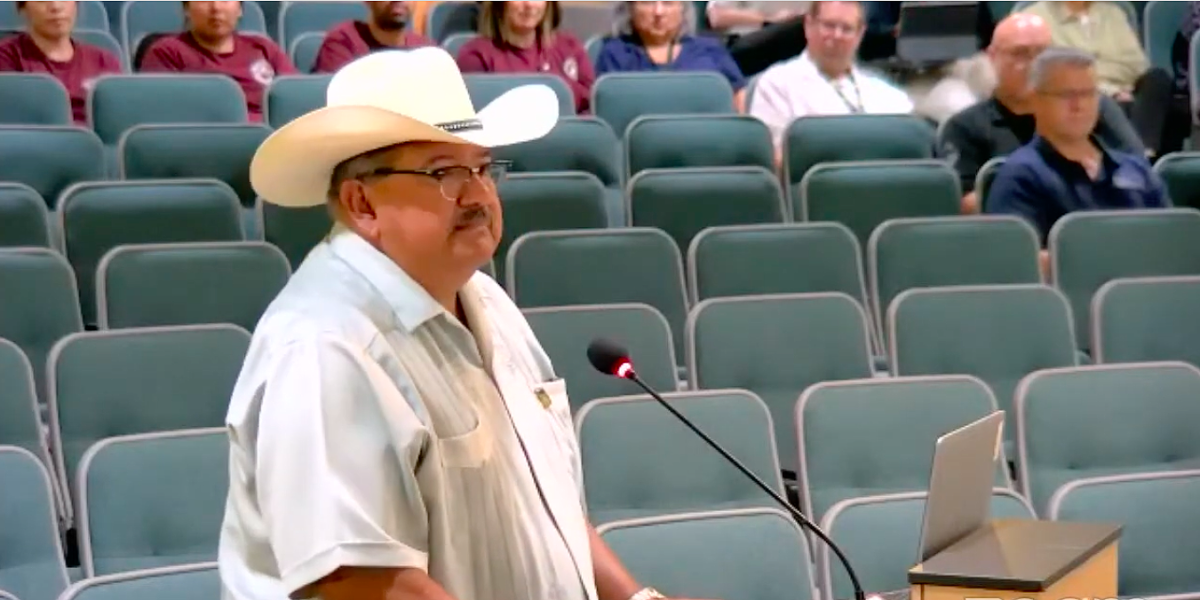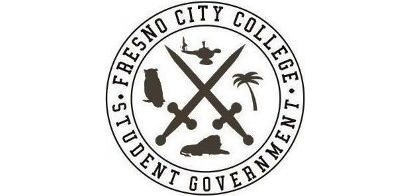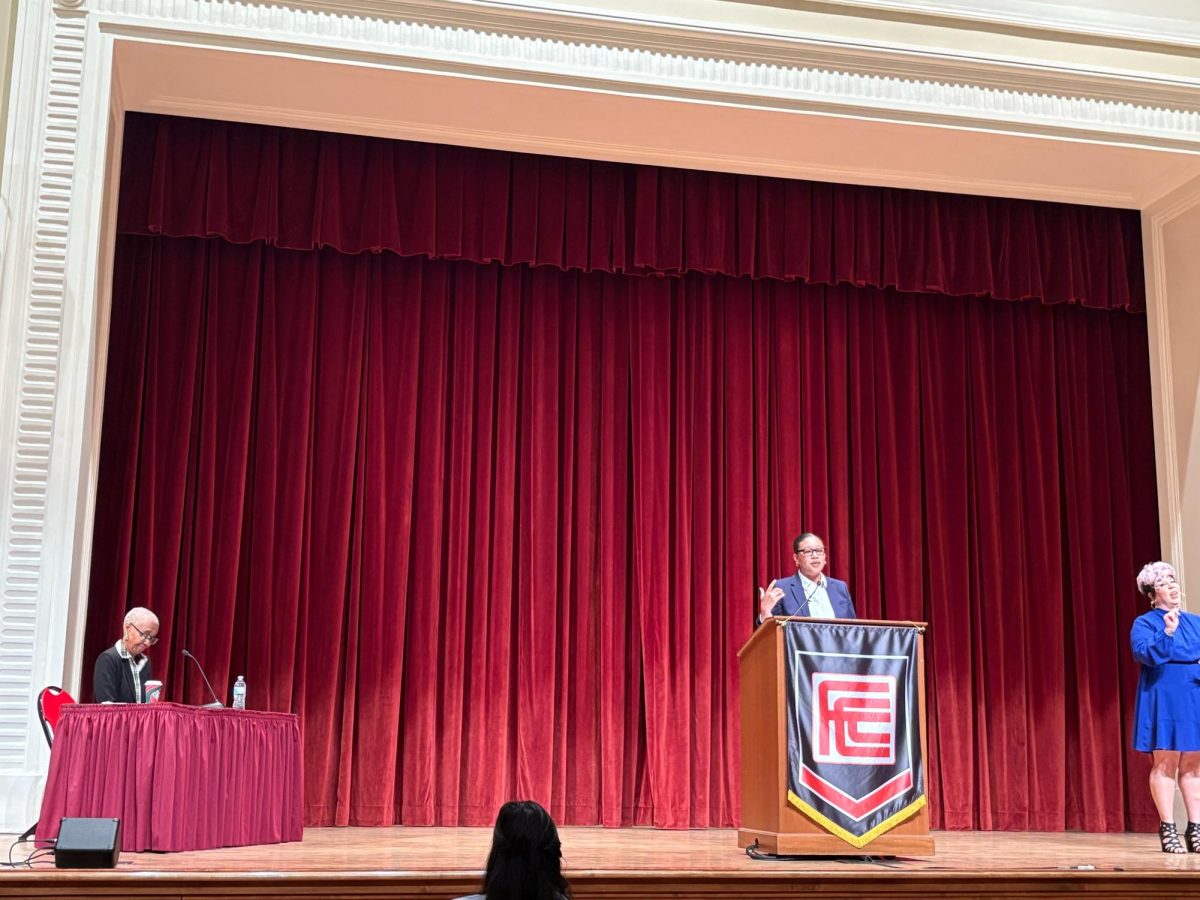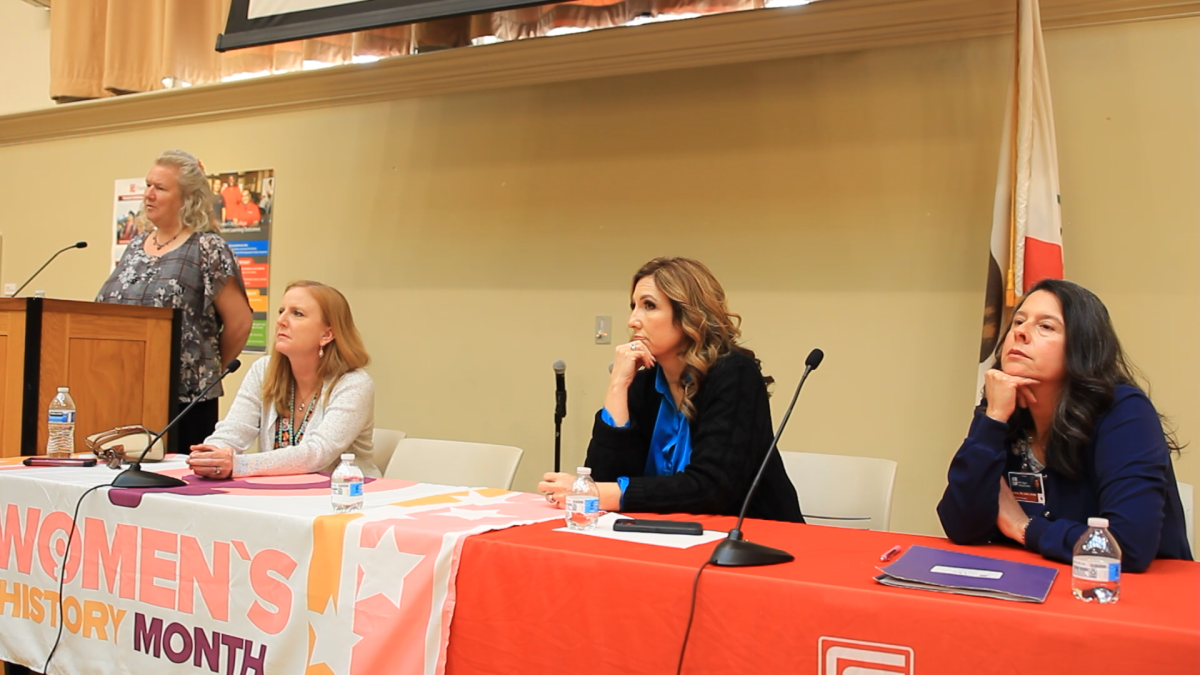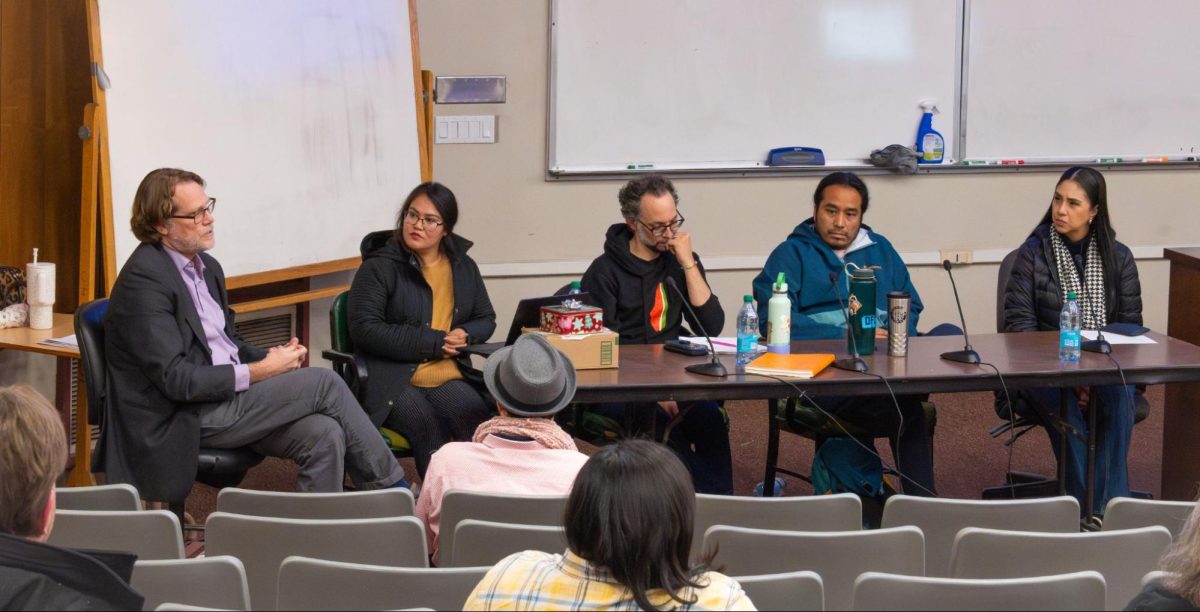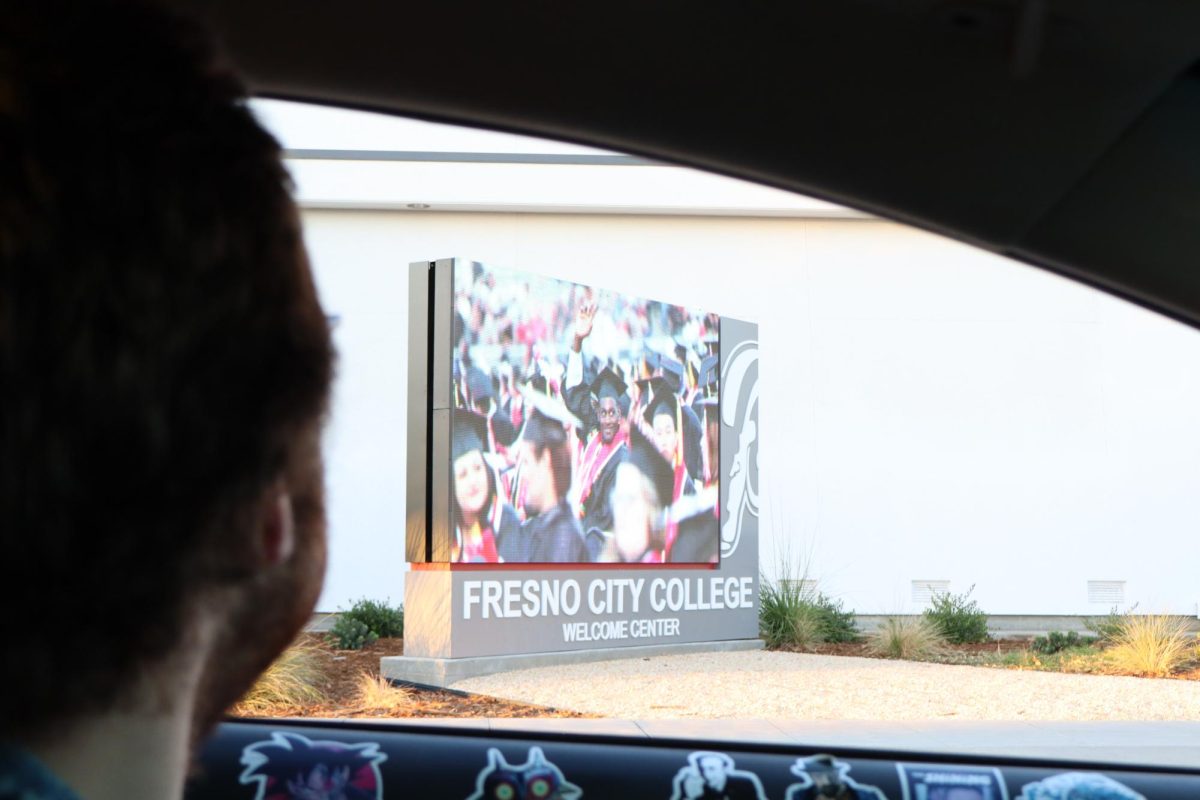*Corrected 2/16/2012
For the second time in Fresno City College’s 101-year history, the college along with Reedley College received a warning from the Accrediting Commission for Community and Junior Colleges last Wednesday.
The warning, the first and lowest of three sanctions assigned by the commission, given to Fresno City College and Reedley College had very little to do with the colleges’ current operations and more about the relationship with their governing body, the State Center Community College District.
Among the litany of recommendations and standards that FCC had to reach during its accreditation evaluation, the college received only one college-specific recommendation: that it add an Academic Freedom statement, or a statement admitting that students and faculty have the freedom to express views not held by others in the classroom, to its course catalog.
Despite the Academic Freedom statement requirement, the commission’s 60-page evaluation report is underscored by one recommendation, entitled District Recommendation #1:
“In order for the colleges and district to fully meet the intent of the previous recommendation [from the 2005 report], the State Center Community College District (SCCCD) must engage in continuous, timely and deliberate dialogue with all District stakeholders to coordinate long term planning and examine the impact of the planned institutions. This includes creating, developing and aligning district and college plans and planning processes in the following areas: district strategic plan, facilities, technology, organizational reporting relationship of centers, location of signature programs, funding allocation, human resources [and] research capacity.”
The District recommendation was created by the evaluation team as an amalgam of three recommendations from 2005: planning, strengthening Fresno City College’s technology plan and increasing planning interaction between the college and the district.
In 2005, the last of the three recommendations, which focused on the college-district relationship regarding planning, was geared toward Fresno City College. Seven years later, the commission is focusing squarely on the district and its role in the planning process.
When asked about what surprised them the most about the evaluation team’s report and the warning issued by the ACCJC, Cantu and Blue sat silently before answering.
“What surprised me the most was that we were still put on warning even with the information that we had provided,” Cantu said. “And the work that we had done since the accreditation visit may not have been fully considered.”
“I did not know what to expect because I have knowledge about how the process works and you have no clue of what the final outcome will be,” Blue said referring to herself. “Was I disappointed? Yes. But I also knew that we have a lot of work to, because we’ve started that work and have been doing it for the last 18 months.”
In a discussion about the evaluation report, Chancellor Deborah G. Blue said that one of the causes of the accreditation warning is attributed to increased planning regulations at the U.S. Department of Education. However, the overarching District Recommendation #1 highlighted that, because of changes in senior leadership in both the district and FCC, integrated planning resulted in “uneven and ineffective starts and stops.”
“Based on the narrative of the recommendation, it’s clear that they were focused on one particular position and that’s the Associate Vice Chancellor for Educational Service and Workforce Development, because that office has the leadership responsibility for planning,” Blue said. “If we go back to the last accreditation visit, there has been no long-term stability in that office.”
Since 2005, at least four people have served in that position, she said. Each time there is someone in that position, the district’s planning processes operate correctly, but get off track when the slot is emptied. Blue said that a top priority, and one she is bringing to the district’s Board of Trustees, is to initiate a search for a permanent and full-time Associate Vice Chancellor for Educational Services and Workforce Development.
Blue also said that, despite recent turnover in the district’s administration, the change in administrators was not a contributory factor in receiving the warning from the ACCJC.
Along with the accreditation failures, SCCCD faced another blow: Willow International Center’s bid to become a fully-accredited community college was deferred due to administrative issues.
The district was told by the accrediting commission that, in order for the process to move forward, SCCCD would have to reorganize the position of Vice Chancellor of the North Centers, currently held by Dr. Terry Kershaw.
First, the district changed the title of the position to Vice Chancellor of the North Centers/Campus President Willow International Community College President, Blue said.
On July 1, the district will officially remove the title of Vice Chancellor of the North Centers and reassign the responsibility of overseeing the Madera, Oakhurst and Clovis centers to Reedley College President Dr. Mitjl Capet. Also, the Campus President of Willow International will report directly to Capet and indirectly to Blue. Currently, the command structure is opposite, with Kershaw reporting directly to Blue.
Blue said that the evaluation team was aware that many of the issues that were scrutinized, including integrated and strategic planning, technology resources and organizational reporting, were all issues already being discussed and addressed by the district prior to the visit in October.
“The team chair said, ‘We want to hold the college and district’s feet to the fire that you get all of the things you are working on now done,’” Blue said.
One of the first steps to close the college and district’s accreditation gap is the completion and alignment of the district’s strategic plan and the campus strategic plans at Fresno City and Reedley. The district’s new strategic plan is expected to be finished in June. Following the release of the district’s new strategic plan, both of the district’s colleges will undergo a yearlong process of reevaluating their campus strategic plans with a release date in 2013.
Blue said that with each of the specific areas addressed in the district recommendation, from technology and facilities to organizational reporting and district strategic planning, SCCCD is going to have to establish and stick to its timelines for completion in order to avoid the path leading to accreditation termination.
***
Correction
The original version contained a misstatement in the first paragraph that the college failed its accreditation. A warning, while a censure, is not the same as failing the process.

